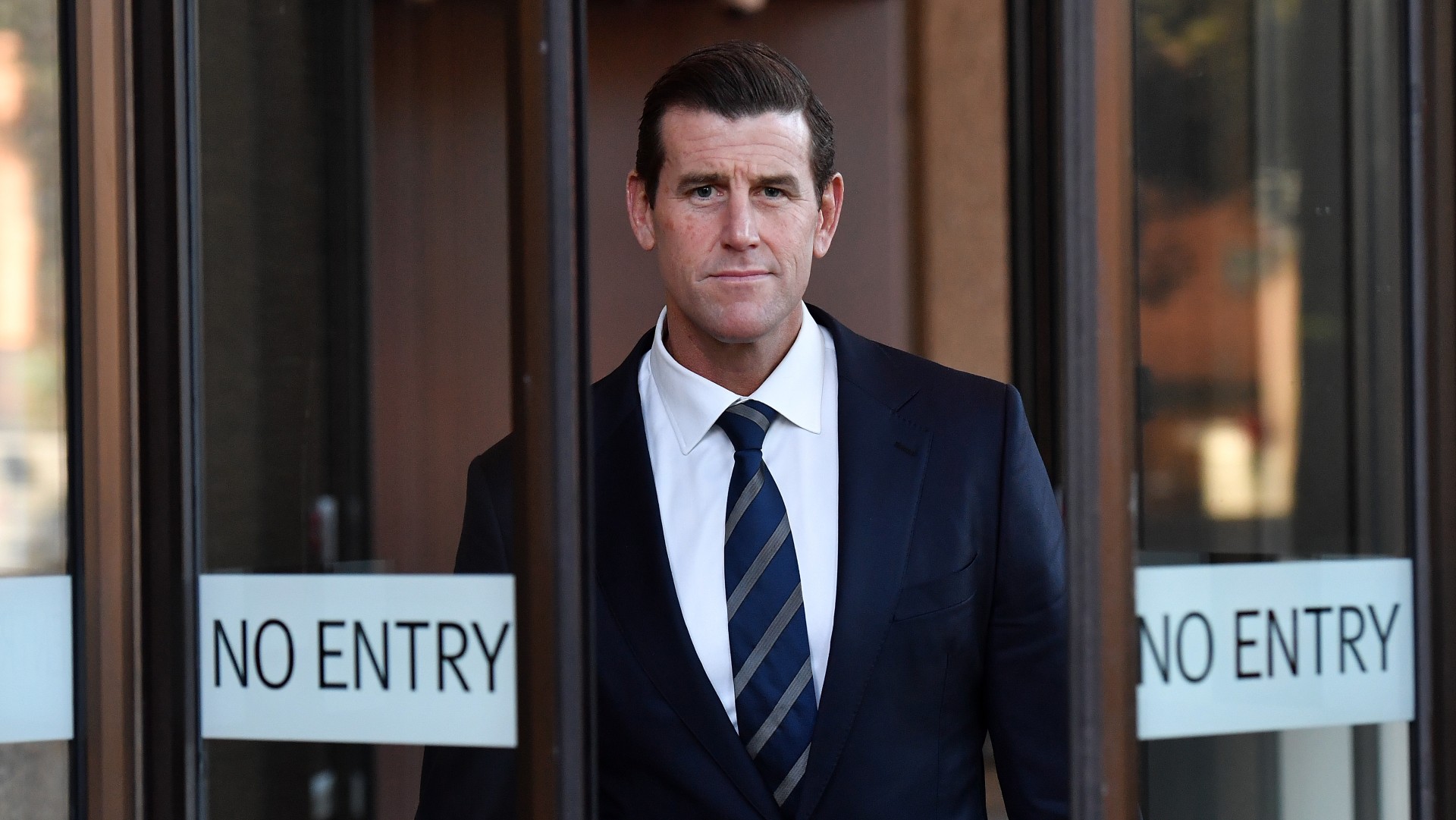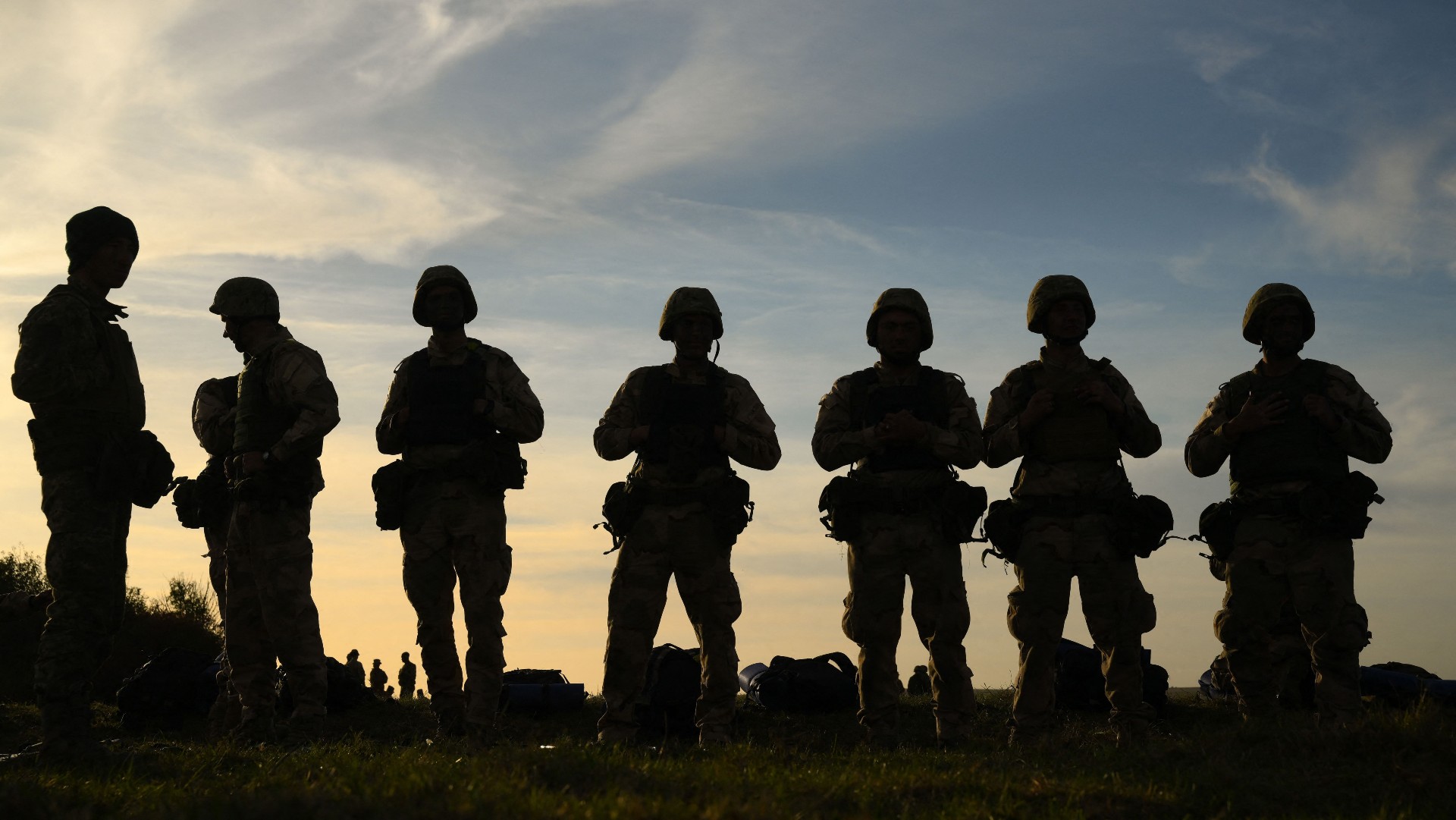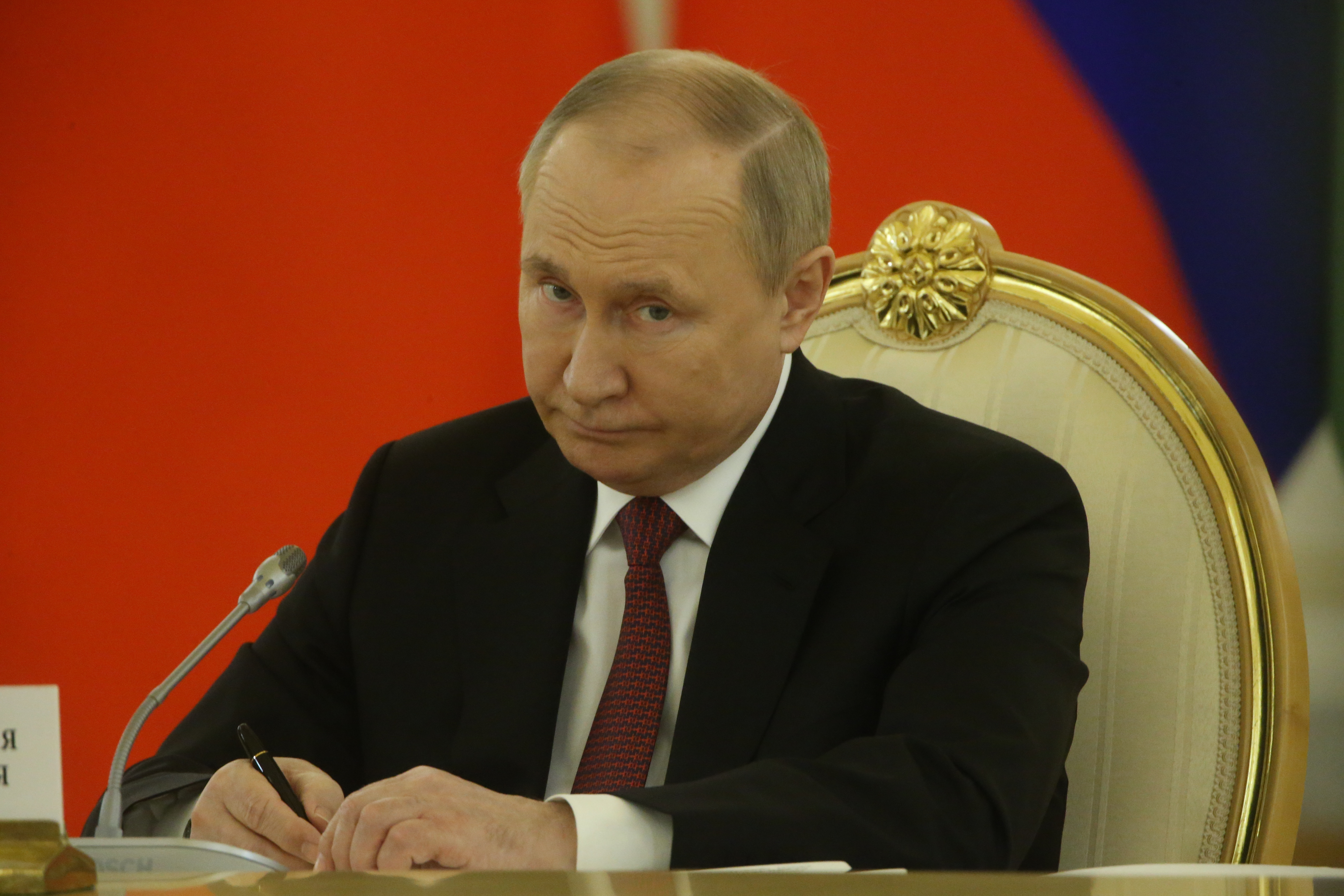Why the Pentagon can't put an end to civilian deaths


A free daily email with the biggest news stories of the day – and the best features from TheWeek.com
You are now subscribed
Your newsletter sign-up was successful
Following the botched U.S. drone strike that killed 10 members of an Afghan family last year, the Pentagon has announced a new plan to reduce civilian deaths in America's wars abroad. The Defense Department will set up a "civilian protection center of excellence" to develop policies and rules, institute new reporting requirements, and make the issue a priority in battle planning.
Preventing the deaths of innocents "is a strategic and moral imperative," Defense Secretary Lloyd Austin said in a memorandum to senior defense officials.
This is commendable. I'm just not sure if the new rules will work.
The Week
Escape your echo chamber. Get the facts behind the news, plus analysis from multiple perspectives.

Sign up for The Week's Free Newsletters
From our morning news briefing to a weekly Good News Newsletter, get the best of The Week delivered directly to your inbox.
From our morning news briefing to a weekly Good News Newsletter, get the best of The Week delivered directly to your inbox.
The New York Times has recently produced a series of investigative reports focusing on the U.S. war against ISIS in Syria, documenting a number of incidents in which civilians were killed or threatened. There was a 2017 strike on a dam that risked the lives of tens of thousands of people living downstream, and a 2019 bombardment that killed dozens of Syrian civilians. Both events were part of a broader pattern of U.S. forces unleashing deadly force with only the barest discrimination between terrorist fighters and the civilians who deserved protection.
The problem in each of those cases was not an absence of regulations. Indeed, the Syrian dam was very explicitly on a "no-strike" list kept by American forces and their allies. Instead, the Times revealed in December, U.S. operators often made flimsy invocations of self-defense "which enabled them to move quickly with little second-guessing or oversight, even if their targets were miles from any fighting."
"It's more expedient to resort to self-defense," a former Pentagon adviser told the paper. "It's easier to get approved."
Such rule-bending is routine in war. The U.S. has laws and treaties against torture; smart lawyers found a way to ignore them after 9/11 and indeed, they found it imperative to do so. American soldiers suspected or convicted of committing war crimes are celebrated on Fox News and sometimes even pardoned by presidents. American forces go abroad to battle the country's enemies on our behalf — for our freedom and safety, we're told — so we're naturally inclined to give them the benefit of the doubt or even encourage them to play fast and loose with the rules. Civilian deaths and injuries are the natural results.
A free daily email with the biggest news stories of the day – and the best features from TheWeek.com
Maybe Austin's efforts will bear fruit. As my colleague Ryan Cooper has pointed out, the Biden Administration has massively pared back America's drone wars. But history suggests that wherever war is happening, civilians suffer and die. A bit of bureaucratic shuffling probably won't change that.
Joel Mathis is a writer with 30 years of newspaper and online journalism experience. His work also regularly appears in National Geographic and The Kansas City Star. His awards include best online commentary at the Online News Association and (twice) at the City and Regional Magazine Association.
-
 Local elections 2026: where are they and who is expected to win?
Local elections 2026: where are they and who is expected to win?The Explainer Labour is braced for heavy losses and U-turn on postponing some council elections hasn’t helped the party’s prospects
-
 6 of the world’s most accessible destinations
6 of the world’s most accessible destinationsThe Week Recommends Experience all of Berlin, Singapore and Sydney
-
 How the FCC’s ‘equal time’ rule works
How the FCC’s ‘equal time’ rule worksIn the Spotlight The law is at the heart of the Colbert-CBS conflict
-
 Operation Rubific: the government's secret Afghan relocation scheme
Operation Rubific: the government's secret Afghan relocation schemeThe Explainer Massive data leak a 'national embarrassment' that has ended up costing taxpayer billions
-
 Iran and Israel: is all-out war inevitable?
Iran and Israel: is all-out war inevitable?Talking Points Tehran has vowed revenge for assassinations of Hamas and Hezbollah leaders, but Gaza ceasefire could offer way out
-
 Grant Shapps goes to war on military's 'woke' diversity policies
Grant Shapps goes to war on military's 'woke' diversity policiesTalking Point Defence secretary condemns 'extremist culture' as Army reportedly plans to relax security checks on overseas recruits
-
 Ben Roberts-Smith: will more Afghanistan war crimes trials follow?
Ben Roberts-Smith: will more Afghanistan war crimes trials follow?Today's Big Question Former SAS soldier lost defamation case against Australian newspapers that accused him of murder
-
 Can the UK rely on the British Army to defend itself?
Can the UK rely on the British Army to defend itself?Today's Big Question Armed forces in ‘dire state’ and no longer regarded as top-level fighting force, US general warns
-
 Putin's nightmare
Putin's nightmareTalking Point How Russia’s reckless czar is making his worst fears come true
-
 Afghanistan: A year after the withdrawal
Afghanistan: A year after the withdrawalopinion What did the U.S. leave behind when it pulled out of Afghanistan?
-
 Rewarding Putin for invading
Rewarding Putin for invadingTalking Point Should we let him partition Ukraine so he’s not humiliated?
